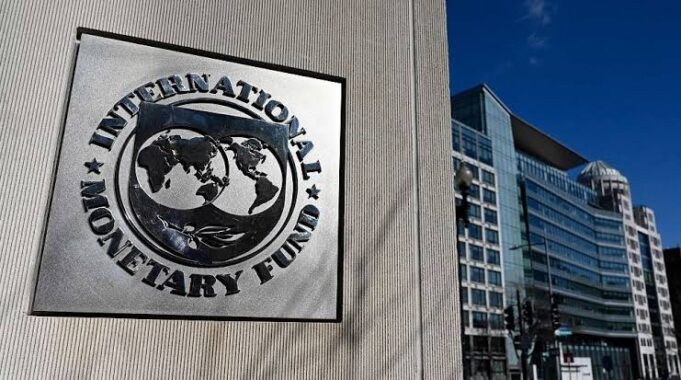The International Monetary Fund (IMF) has warned that Nigeria’s total expenditure on fuel subsidy could hit a record N6 trillion by the end of 2022 following the country’s subsidy payout averaging N500 billion monthly.
IMF said a macro-fiscal stress test it conducted on the country showed that interest payments on debts in the country could amount to Nigeria using 100 per cent of its revenue to service debts by 2026, if not closely monitored.
These were made known by the IMF’s Resident Representative for Nigeria, Mr. Ari Aisen, while presenting the latest Sub-Saharan Africa Regional Economic Outlook in Abuja on Monday.
Alisen revealed that Nigeria received a total of $6.8 billion facilities from the IMF following the outbreak of the COVID-19 pandemic in 2020, noting that the country received $3.4 billion in Special Drawing Rights (SDR) and as well as a loan in the same amount.
The IMF chief, who expressed worry that many African countries, including Nigeria risk sliding into critical debt servicing problem unless urgent actions were explored to significantly raise revenue, stated that that over 80 per cent of the Federal Government’s revenue was committed to debt service, describing the situation as an “existential problem”.
Speaking further on the country’s fiscal challenges, Alisen regretted that as an oil exporter, Nigeria was not only unable to take advantage of the current global high oil prices to build reserves, but also confronted by low earnings due to the subsidy on petroleum products.
READ ALSO: N500bn claims: Marketers warn of imminent worst fuel scarcity
He noted that with N500 billion monthly fuel subsidy payouts, the country might end up with a record N6 trillion subsidy by year-end.
He, however, raised optimism that Dangote Refinery would reduce fuel importation when completed, saying the refinery would cut down the subsidy burden.
Speaking on the economic outlook for the continent, the IMF official identified key priority areas as how to reduce debt vulnerabilities, balance inflation and growth, and manage foreign exchange rate pressures.
He also noted that fragile and conflict-affected African countries were at the risk of falling further behind in terms of development, especially now that the world economy was faced with an unprecedented high energy and food prices.
The Fund, he stressed, had done a lot to help to Sub-Saharan African countries, having given them the $23 billion Special Drawing Rights allocation and planning to re-channel additional $100 billion SDR from developed countries.
Alisen further reiterated that Africa need $425 billion to recover from the COVID-19 pandemic, saying it was in addition to between $30 and $50 billion per year for climate adaptation and $6-10 billion annually for commodity import.
He, therefore, enjoined Nigeria to prioritise its debt, inflation, growth and foreign exchange management in the short term.
- Burnley relegated from Premier League - May 11, 2024
- ‘It’ll reduce inflation’: Edun visits CNG bus assembly plant in Lagos - May 11, 2024
- XEJet aircraft skids off Lagos airport runway - May 11, 2024










